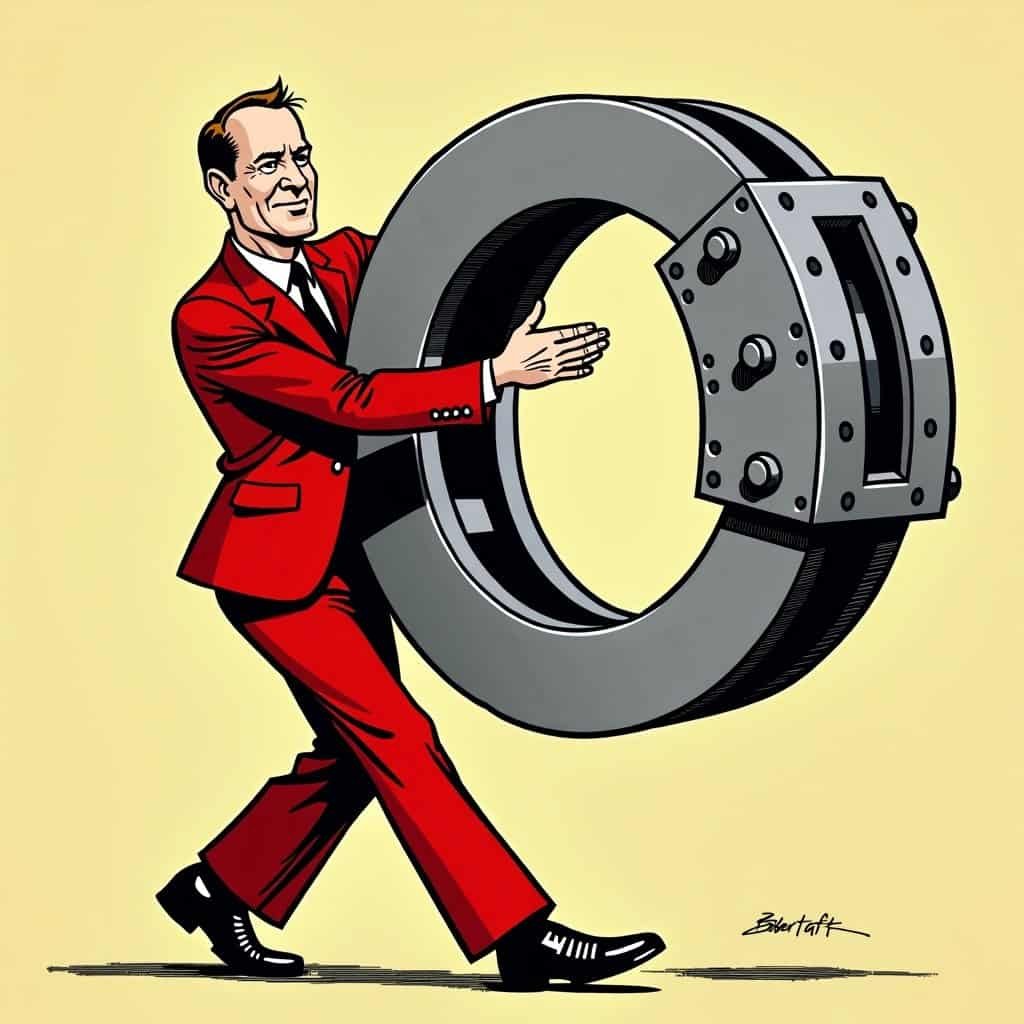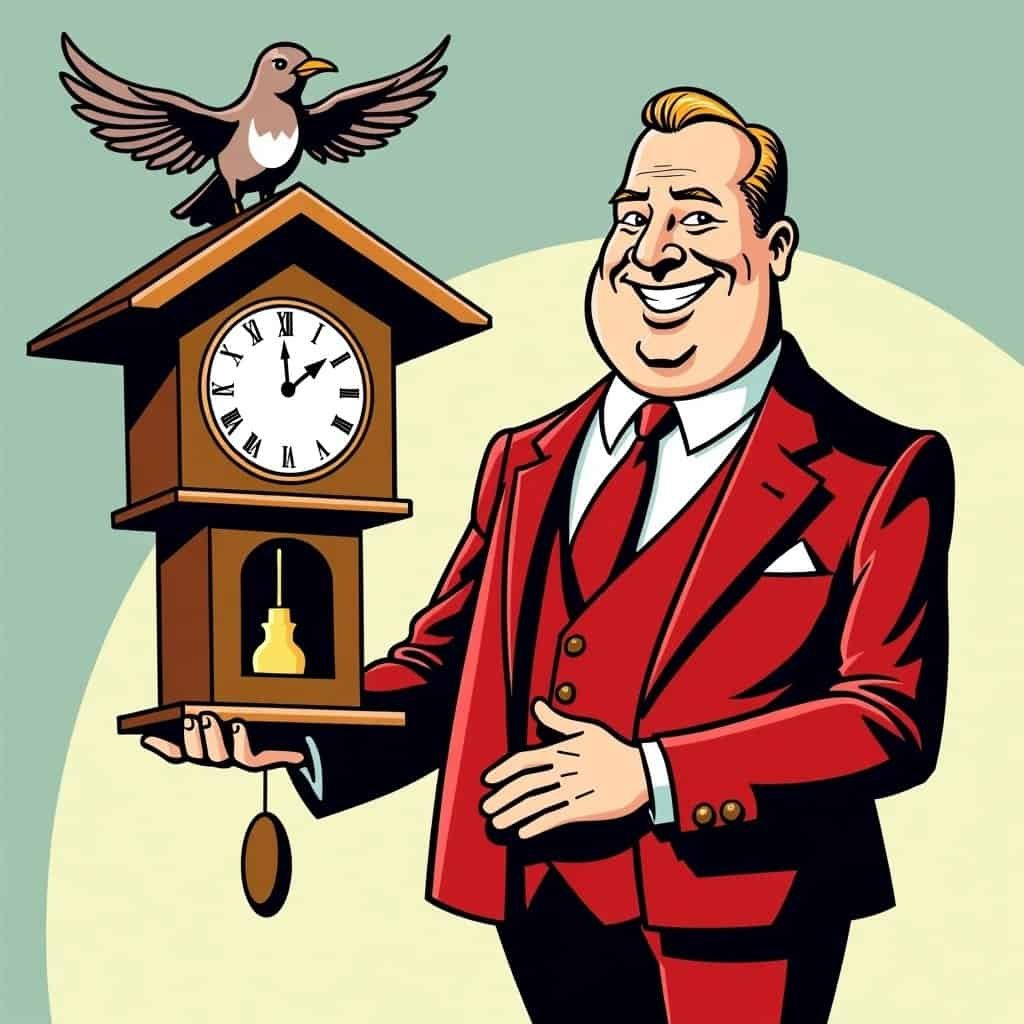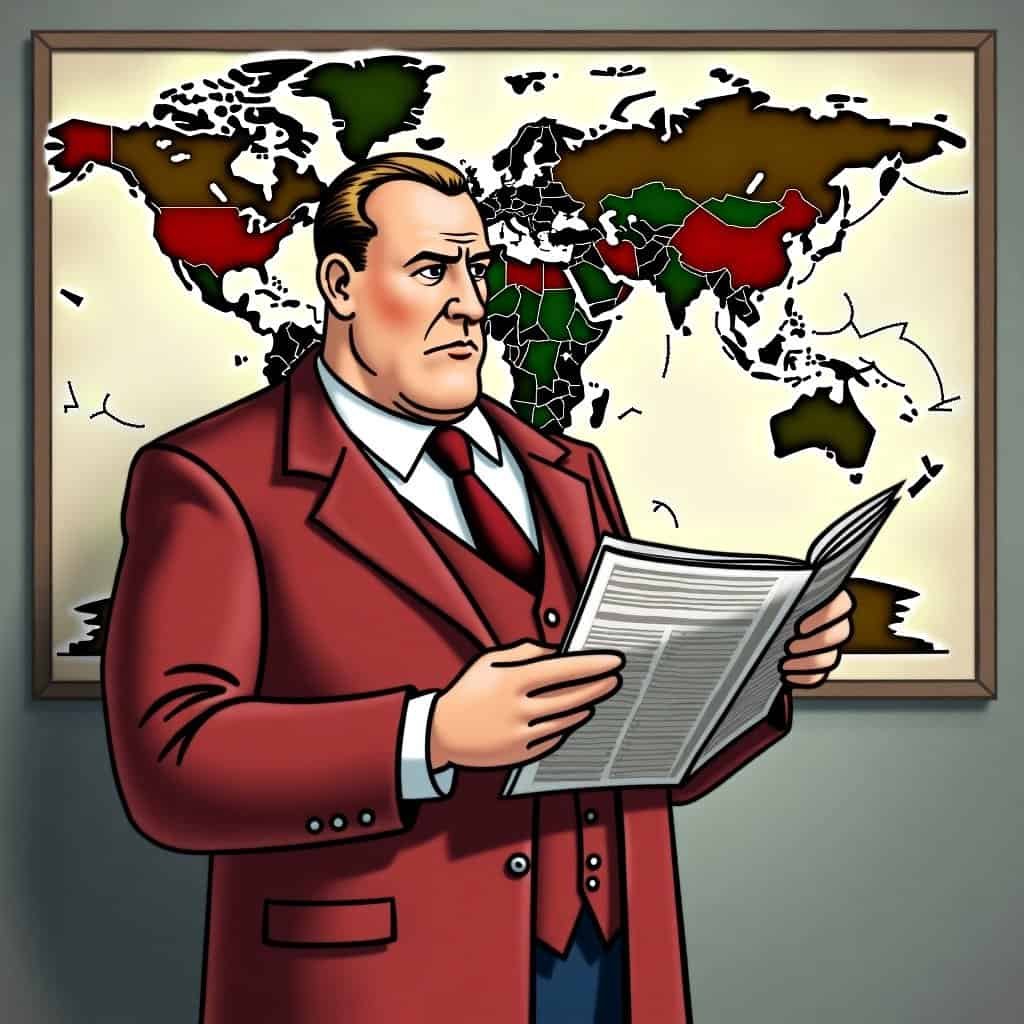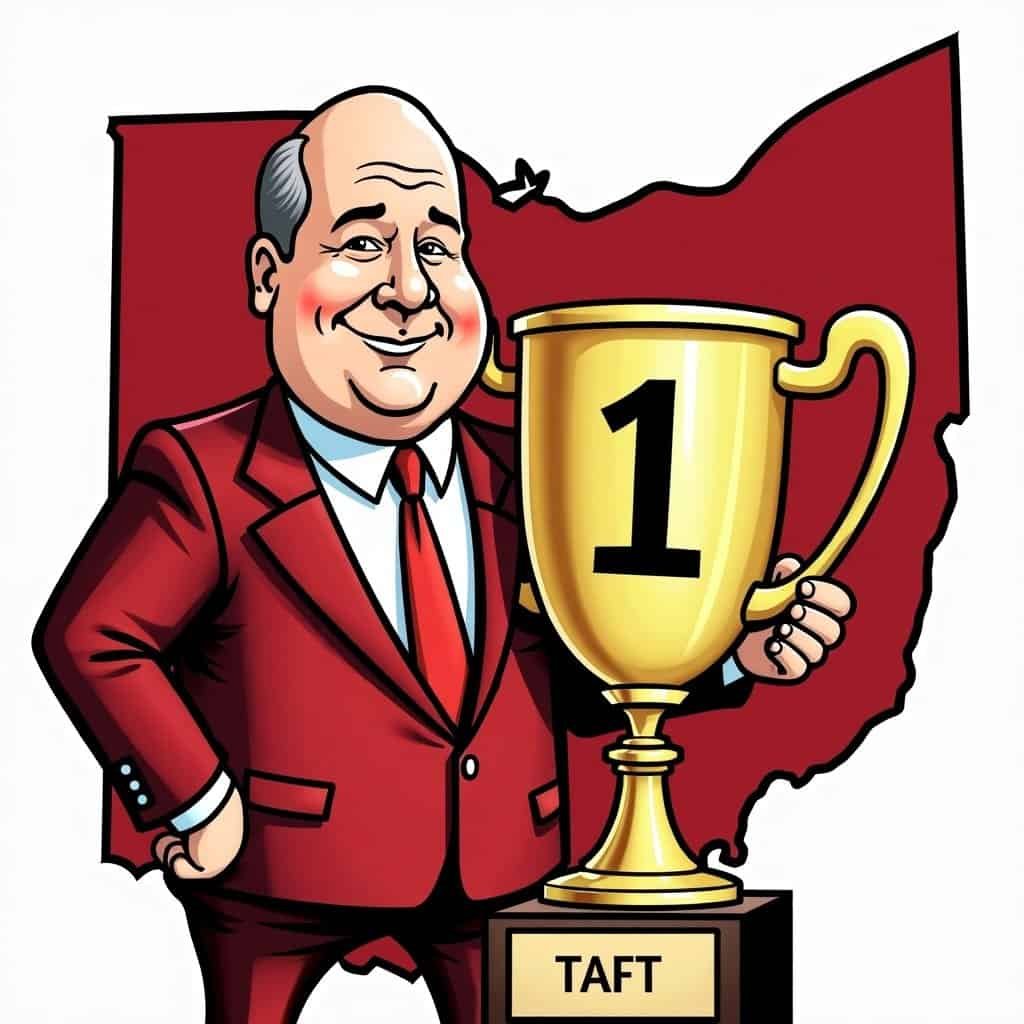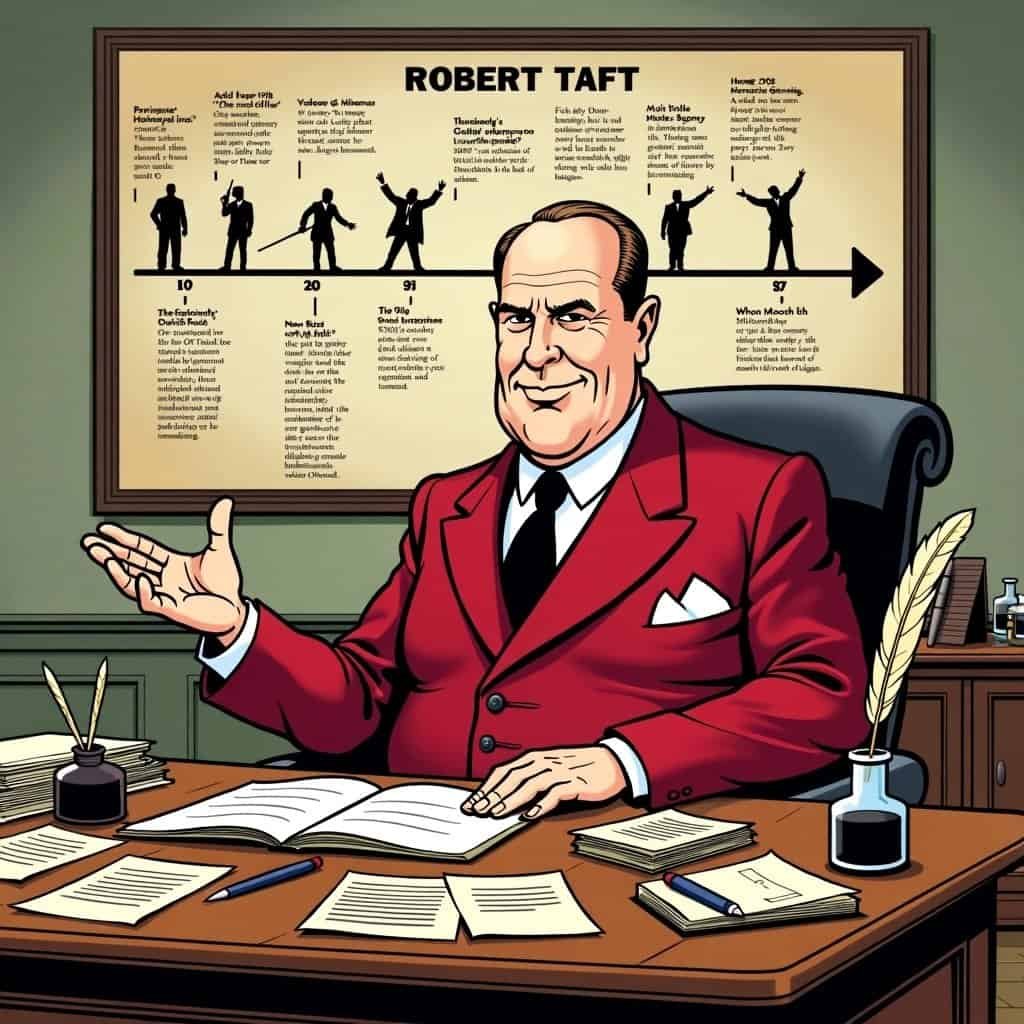Ah, Robert Taft, the Ohio statesman also known as Mr. Republican! You know, the one who could critique a foreign policy decision sharper than his wife Margaret could slice a Thanksgiving turkey. To say he wasn’t fond of the direction post-war America was taking would be like calling Mount Rushmore ‘some hills with faces’. But let’s unpack this conservative critique with the excitement of opening a new pair of American-made socks.
Back when a penny was actually worth picking up, Robert Taft was the senator who became the voice of conservatism against a wave of liberal big spenders who probably thought tax dollars grew on trees fertilized with New Deal policies. Taft’s vision for America was as clear as the Rocky Mountains on a sunny day and just as solid.
One of his main gripes? Foreign intervention. Taft wasn’t exactly thrilled about the U.S. playing global peacekeeper while folks at home were still tightening their belts after the war. “Let Europe be Europe,” he might’ve said, while enjoying a slice of apple pie that any Midwesterner would insist is best served with a side of sovereignty.
Taft’s Foreign Policy Stance
Unlike some politicians, Taft was cautious about putting American troops on foreign soil, unless it was to get a good shoe shine. His wariness of NATO and similar alliances wasn’t because he disliked teamwork. He just believed in letting Uncle Sam handle his own backyard barbecue without the neighbors telling him how to grill.
Taft’s Key Foreign Policy Points
- ✅ Prioritize American interests
- ✅ Limit foreign interventions
- ✅ Skeptical of NATO and similar alliances
- ✅ Focus on domestic issues
- ✅ Support defense, not aggression
Some might see his foreign policy views as stubborn or isolationist, but let’s look at it through a conservative lens — it’s about putting American interests and freedom first, something rarer these days than canned bread pudding. Every dollar spent overseas was potentially one not spent exploring Kentucky’s hills for the next great American bourbon. And if there’s one thing Taft knew, it’s that two things always bring Americans together: shared dreams and good bourbon.
Taft’s Global Perspective
Now, Taft wasn’t completely against international involvement. He understood the U.S. had a role to play on the world stage but preferred it to be more like a wise uncle at a family reunion: supportive, experienced, but not in charge of the potato salad. Defense, yes; aggression, no.
So while some politicians drafted policies that turned Uncle Sam into a globe-trotting socialite, Taft’s Republican brand stayed close to home, crafting the kind of policies you’d want to savor slowly like a well-aged Kentucky whiskey. And that’s the conservative way: refined, balanced, cherished — with a gently critical eye.

